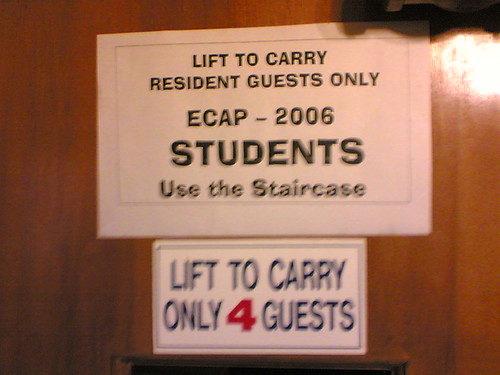Commercial Law is one of the harder subjects to study for the bar. Aside from the big four (Corporation, Transportation, Insurance and Negotiable Instruments), Commercial Law includes may special laws. In fact, the codal provisions of Commercial Law consist of two volumes, as opposed to the other bar subjects, which only have one each. And because of the number of special laws for Commercial Law, it won't be surprising if some bar takers have not yet encountered one (or two, or three) of these special laws.
This is where Atty. Tristan Catindig's book, Notes on Selected Commercial Laws, comes in handy.
Published in 2003, Atty. Catindig's book covers over 20 special laws, including banking laws; intellectual property; warehouse laws; letters of credits; trust receipts; mortgage; and special corporation laws.
This is not your ordinary law book. The author gives the basics of each law in simple fashion, to help readers understand the topics better - like Commercial Law for Dummies (as one lawyer puts it). The book is so well-written that it almost makes reading Commercial Law enjoyable.
Atty. Catindig favors the Q & A format. Case laws that are added give life to the laws, while sample questions gauge the reader if he has actually grasped the subjects or not.
One unique aspect of the book is that it has lawyer jokes section after the end of each chapter. The section is aptly entitled Take a Break.
But this does not in any way mean that this book does not mean business. Atty. Catindig understands the students' needs, which is a law book that is understandable. A law book does not have to be archaic to be taken seriously. Atty. Catindig is obviously well aware of this fact.
The bad news is that the book is already out of print (or so I heard).
The good news is that Atty. Catindig is reportedly releasing a 2008 edition in time for the bar.
Even better news, Atty Catindig is reportedly releasing two more books: A Tax Law book and another Commercial Law book, this time dealing with the major four.
I, for one, am eagerly anticipating their release.
Disclaimer: I am not in any way related to Atty. Catindig, nor am I connected with Verde Publications, which is the publisher of the Book.
 Photo: Diabolic Preacher, Creative Commons, Flickr
Photo: Diabolic Preacher, Creative Commons, Flickr










